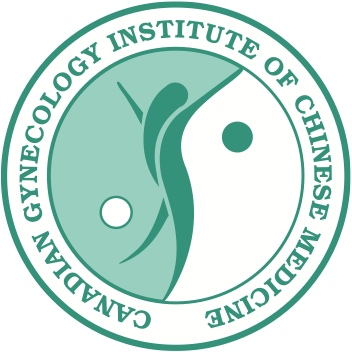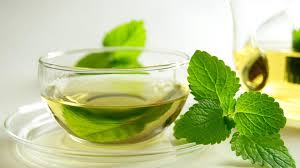Is Mint right for you?
There has been article after article written on certain foods and how they can be beneficial for health. But it is important to always remember BALANCE! To every action and benefit there is a reaction and a caution. Before you jump on any bandwagon, please know your body and look deeper. Over the next few weeks we will be taking an in-depth look at the benefits and cautions to some common foods and supplements. This week:
Common Name: Mint
Pharmaceutical Name: Menthae Haplocalycis Herba
English Variants: Field Mint, Mentha
Chinese Name: Bo He
TCM Classifications:
- Category: release exterior, pungent cool
- Meridian Tropism: Lung, Liver
- Taste: Spicy, aromatic
- Temperature: Cool
TCM Functions & Indications
- Releases the exterior, disperses wind heat, clears the head, brightens the eyes, benefits the throat: fever, cough, headache, red eyes, sore throat
- Vents rashes: early stage of rashes (measles) to induce rash to come to the surface – venting the wind and heat
- Soothes & relieves Liver Qi Stagnation: pressure in the chest or flanks, emotional instability, and gynecological problems
- Disperses turbid Qi: exposure to unclean Qi, especially in the summer, leading to gastric disturbance with abdominal pain, vomiting, diarrhea, and a thick greasy yellow tongue coating
Western Medicine Uses: antibacterial, antihypertensive, antiviral, cholagogic (stimulates bile flow), expectorant, smooth muscle relaxant, uterine stimulant
It has been used for centuries all over the world as a digestive aid and for stress relief.
Who should TAKE Mint?
Find that any symptoms you have get worse with stress? Feeling a little down and out? Maybe a little blue and grumpy? Tend to get stomach aches or acid reflux? Mint tea could be just the thing for you. Mint tends to help your body regulate, regain balance, and decrease stress. Also, because of its fresh pungent nature, the oil has been used in aromatherapy to help reduce stress and for those with respiratory problems, and is one of the most common oils used.
Who should AVOID Mint?
There are a few types of people who should avoid ingesting or using:
- Debilitated people who sweat a lot: according to TCM, the primary function of mint is to release the exterior, to vent pathogens from the skin outwards. For those with symptoms that already show an abnormal venting out in the body, such as a weak constitution with profuse sweat, this can exacerbate the condition.
- People with Liver Yang Rising: Liver Yang Rising is a condition in which there is a deficiency in the energy in the lower part of the body causing energy to rush up uncontrollably. Symptoms include: headaches (usually in the temple region, eyes, or lateral side of the head), dizziness, blurred vision, dry mouth and throat, insomnia, irritability, feeling of being worked up, propensity to outbursts of anger, stiff neck, red tongue, wiry-taut pulse. Mint has an up-and-out nature and can exacerbate these symptoms.
- Breastfeeding women with insufficient lactation: caution should be taken in breast feeding women because mint can diminish milk supply. Alternately, if you are looking to stop breast feeding, using mint can help to ease this transition.
Mint is an herb that has been used from the time of the Ancient Egyptians and Chinese, to the Romans, through medieval times and into modern day Europe and America. It is easy to grow and can be used in cooking, baking, drinking, aromatherapy, as an air freshener, or for leafy zest in the garden. While there are a few cautions, as there are with anything, as one of the most widely used herbs on the planet, mint is beneficial in countless ways.
For more information about the foods you are eating, please feel free to come in for a consultation! Contact us!
Caroline Prodoehl, R.Ac, T.TCMP
References:
TCM ClinicAid iPhone App

